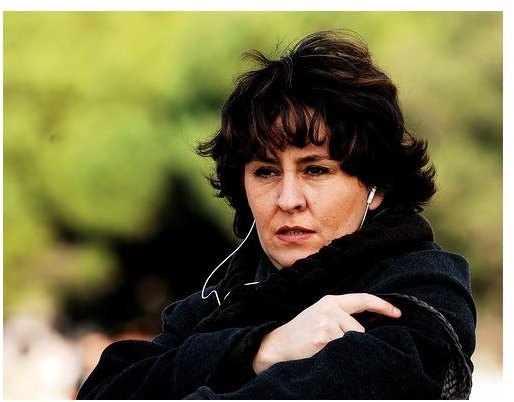Exactly How Long Does Menopause Last?
What to Expect
One year, five years, seven years, two months and sixteen days — how long does menopause last? Both the severity of symptoms and the duration of this cycle can vary from woman to woman. Some women may traverse this entire process in only a few years, while may experience symptoms for more than fifteen years. As there is no set duration, only typical time periods, expect the unexpected.
Perimenopause
There is a phase that leads up to the official start of menopause called perimenopause. This phase can last for a short or long period of time, although the average duration is from two to eight years. Women may still have a period during perimenopause, although the menstrual cycle is likely to be erratic because hormone levels are going through the necessary changes that happen before menopause. Aside from irregular bleeding, a woman may experience other symptoms such as hot flashes and psychological disturbances. When does perimenopause start? Usually during the mid-40s, but it may begin during the 30s.
The Onset of Menopause
When is the official start of menopause? When the menstrual cycle has ceased for an entire year, menopause has technically begun. The childbearing years are over and a major transition, both physically and psychologically, is already occurring. The most typical and expected age for the onset of this stage is 50, although some women may continue to have a period well into their 50s. Likewise, menopause can start much earlier. If you know at what age your mother and grandmother experienced menopause you may have a good idea of when you will experience these changes.
How long does menopause last? There is no set duration, but keep in mind that once you shift from perimenopause to menopause, you are basically adjusting to new low levels of hormones. Often the symptoms are worse in the first year or so as hormones levels drop. Once estrogen and progesterone levels stabilize at low levels, symptoms may disappear or at least lessen. An average span for perimenopause and menopause together is from age 45 to age 55. Longer or shorter, earlier or longer, you are still healthy and there is nothing wrong with your own individual timetable.
The stage when symptoms decrease is called post-menopause. While this is the end of headaches, trouble sleeping and hot flashes, it is also a time to focus on a healthy diet and have regular visits to see your doctor. A women’s body is at a higher risk for serious illnesses including heart disease, cancer and osteoporosis.
When to Be Concerned
There is no reason to worry about the duration of menopause. What you do need to see your doctor for is to check for the diseases that you may be at a higher risk for during hormonal changes. You can also talk to your doctor if you are having trouble dealing with the symptoms of menopause.
This phase is a natural part of every women’s life. Take care of your health, see your doctor regularly, and know that you will make it through this transition.
References
Web MDhttps://www.webmd.com/menopause/tc/menopause-and-perimenopause-overview
Web MD https://www.webmd.com/menopause/guide/hot-flashes
Women’s Healthhttps://www.womenshealth.gov/menopause/treatment/
Epigeehttps://www.epigee.org/menopause/overview.html
photo by: Pedro Simoes (CC/flickr) https://www.flickr.com/photos/pedrosimoes7/92543786/sizes/m/in/photostream/
